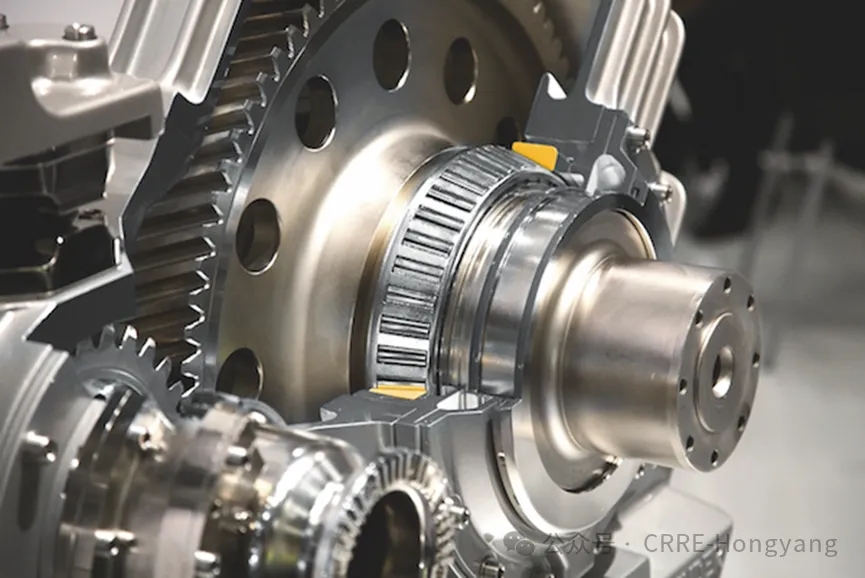Hot Keywords:
- All
- Product Name
- Product Keyword
- Product Model
- Product Summary
- Product Description
- Multi Field Search
Views: 2 Author: Site Editor Publish Time: 2024-09-20 Origin: Site
1. Carbon (C)
Carbon is one of the most important alloying elements in steel, which has a significant impact on the hardness and strength of steel. The carbon content of 18CrNiMo7-6 is in the range of 0.15-0.21%, providing good hardness and strength. The increase of carbon usually increases the hardness of steel, but may also reduce its plasticity. Therefore, in 18CrNiMo7-6, the carbon content is controlled within an equilibrium range to ensure good plasticity and toughness while providing the necessary hardness.
2. Silicon (Si)
The main function of silicon is to remove impurities from steel while enhancing its strength and hardness. The silicon content of 18CrNiMo7-6 does not exceed 0.4%, which is sufficient to improve the steel's ability to oxidize, but does not significantly affect the material's plasticity and processing properties. The presence of silicon contributes to the overall stability of steel.
3. Manganese (Mn)
Manganese helps to improve the hardness, strength, and processing performance of steel. The manganese content of 18CrNiMo7-6 is 0.5-0.9%, which helps to improve the strength of the steel and exhibits good machinability during processing. The presence of manganese is crucial for improving the wear resistance and load-bearing capacity of steel.
4. Phosphorus (P) and sulfur (S)
Phosphorus and sulfur are usually considered harmful impurities in steel, and excessive phosphorus and sulfur can reduce the toughness and plasticity of steel. The phosphorus and sulfur content of 18CrNiMo7-6 is strictly controlled within a maximum range of 0.035%, ensuring that the toughness and strength of the material are not negatively affected.
5. Chromium (Cr)
Chromium is a key element in improving the wear resistance and hardness of steel. The chromium content of 18CrNiMo7-6 is 1.5-1.8%, which helps to form a hardened layer and improve the oxidation resistance of the steel. The addition of chromium enables 18CrNiMo7-6 to exhibit excellent wear resistance in gear manufacturing, maintaining stable performance even in high load and high-speed working environments.
6. Molybdenum (Mo)
The function of molybdenum is to further enhance the hardness and wear resistance of steel, as well as improve its hardenability. The molybdenum content in 18CrNiMo7-6 is 0.25-0.35%, which helps to form a uniform hardness distribution during quenching and ensures stable performance of the gear under high loads.
7. Nickel (Ni)
The addition of nickel improves the toughness and strength of steel. The nickel content of 18CrNiMo7-6 is 1.4-1.7%, which enables the material to exhibit excellent toughness when subjected to impact loads, preventing brittle fracture. Nickel also enhances the wear resistance and impact resistance of steel.
8. Oxygen (O2) and hydrogen (H2)
The content of these impurities is controlled at an extremely low level, which helps to maintain the purity of the steel and avoid performance degradation caused by impurities. The content of oxygen and hydrogen has a certain impact on the mechanical properties of steel, and lower content can reduce the brittleness of steel and improve its reliability.
